This story is part of a joint series by The Forge and Prism. Read the rest of the series, Organizing, Innovation, and Upheaval, here.
This summer, millions of people have poured into the streets to fight police violence and over-policing — many of them for the first time. But veteran organizers have been fighting on these issues for decades. The Forge sat down with a coalition of organizers in Sacramento, California, who have been challenging the role of policing in schools and communities and building safe spaces for Black communities to heal from racial violence. We talked about how they’ve been shifting their organizing strategies in response to the uprisings, their ongoing coalition-building efforts, and why they’re creating opportunities to counter intergenerational, collective racial trauma.
The organizers we spoke with used different tactics but shared common goals: to create safe spaces for Black communities to engage with each other politically and to heal from racial trauma, to challenge the role of policing in keeping schools and communities safe, and to build a strong coalition of Black women organizers in the Sacramento area. Dr. Flojaune Cofer, the Senior Director of Policy at Public Health Advocates and the Chair of the Measure U Community Advisory Committee, has been pressuring the Sacramento City Council to divert $45 million from policing toward community programs. Dr. Donielle Prince, a Regional Community Facilitator with ACEs Connection Network and a member of Sacramento ACT’s Education Local Organizing Committee, has been fighting to remove the police from local public schools as part of her work advocating for expanded mental health services for students. The organization just won an important victory, with the school district agreeing to divest funding from the police and reinvest it into an alternative safety plan. Dr. Kristee Haggins, an African-centered psychologist who co-founded Safe Black Space in 2018 after Stephon Clark’s murder by Sacramento police officers, offers monthly community healing circles for people of African ancestry addressing Black racial trauma. And Christi Ketchum, the Sacramento lead for Crime Survivors for Safety and Justice, runs the Sacramento Sister Circle, a local network that fosters connection, community, and conversation among over 8,000 Black women.
This interview has been edited and condensed.
How did you come to work in coalition with each other? What’s been challenging about coalition building and what’s worked well?
KH: Historically, we have been siloed, working independently. We haven't been able to communicate with each [other] and collaborate as directly as we could. When thinking about systemic racism, and the impact of our enslavement process, it’s important to recognize the intentional divide-and-conquer strategies that are still carrying forth with us today. However, in the last few months, with the killing of George Floyd and COVID-19, there has been a concerted effort to bring people together locally. For example, there have been a series of town halls developed to address issues facing the Black community in Sacramento. I think there's also been a commitment at a larger level to take care of ourselves, as individuals but also as a collective of community organizations, leaders and activists. There’s an awareness that the larger community is not necessarily going to be there for us. History has shown that. So we are finding different avenues, spaces and ways to speak truth.
FC: Recently, there was a transgression that happened [between different organizers], and some folks got together to talk about it. We did this whole “give your ideas” [thing], and everybody was like, "I hate you. But yeah, it's a great idea. I hate you. But yeah, that's a great idea." And then we had to vote, and everybody voted for these same three things, which are all in alignment, even though a lot of people in the room were furious with each other. But we all had the same goals. And that just stood out to me as like, "If we could figure out how the fuck to get along, we could be so powerful." Because we don't actually have a difference in goals, we just are traumatized people, trying to do incredibly taxing work, and not always having the best skills to get along with one another. And quite frankly, some of the things that make us great advocates and, especially people who do direct action, it's your bravery, your boldness, your willingness to not give a fuck about consequences, are the exact things that harm you when you're doing relationship forming. You have to care about other people's feelings. You do need to not be afraid to say certain things. But you should at least have pause about what the impact is going to be. You don't want to throw Molotov cocktails at people you're trying to organize with and who you need relationships with.
You want to throw Molotov cocktails at institutions that are harming us. And so sometimes, because that's the tool we've always been using, we throw the cocktails at each other too, because that's all we know how to do. And so it's really interesting to me to see us begin this process of healing internal relationships as well, so that we can work together. That work, that behind-the-scenes labor that will likely never be given credit, is largely being done by Black women.
CK: I think folks think that all Black folks think the same, and we actually do not. We have very differing ideas and thoughts. And really don't have the spaces and places for us to have those conversations. I am the founder of the network and moderator of the Sacramento Sister Circle Facebook Group page. The group has been very instrumental in [facilitating] difficult and courageous conversations that we really don't have the space to do. One of the things that has been very difficult is that we don't know what each other does. So we just make assumptions that nothing is happening in Sacramento. But what we've been able to dispel in these last eight years is that there's a lot of great work happening in Sacramento. In Sacramento, we don't necessarily have one Black community. It's a very diverse place. And we have a lot going on here, and there's a lot of great work. A lot of great work that’s been led by Black women.
How have you been bringing new folks into your coalition through the uprisings?
FC: I think that there's been a little bit of a disconnect. You have young people who are new to organizing, who are coming on the scene. And then you have established organizers, who are trying to bring them into the fray and help them think through things. I didn't grow up in Sacramento. I grew up in Pittsburgh. My first experience with direct action was organizing the student walkout in Pittsburgh. That was in response to the death of Jonny Gammage, who was the cousin of a Steeler, and was driving in a neighborhood at night, pulled over for erratic driving. And the police compressed his chest and he died. This was October of 1995. The context that is always lost in that case is that, there was this rich, wealthy Black guy driving a Jaguar in a Pittsburgh suburb, and I think the police pulled him over just to kind of mess with him because the OJ verdict had just come out.
There was a lot of frustration among, especially, white men, about the fact that this Black guy had just gamed the system the way that white men have usually been able to game the system. And that the real screw up of LAPD was a part of that. And so I think [the Gammage case] was a bullying errand gone way too far. But he ended up dead, and they just claimed he was driving erratically. So we organized this walkout that temporarily ended up with several of us expelled from high school because of things that we couldn't have foreseen at 15 or 16 years old. What will people do, after we fire them up about injustice, and they've walked out of school at 11 AM, and nowhere to go but with their anger and no outlet for it? There was some minor property damage. But we were on the hook for having organized this. We didn't have a safety plan. We didn't think through these things.
[Over the past few months], it’s been really affirming to watch people who've been organizing for a while step into, not subjugate the leadership of these young people, but just help them think through things. So if they want to engage in whatever kind of direct action, they're aware of what that looks like and what the impact might be. Because we certainly were not. And so, I'm really happy to see mostly Black women, again, stepping into that space and being the mentors that are needed for this next generation, while not stifling or quieting their voices.
I'm seeing a new trend of people stepping out of the way, to bring more people into the fray. And I'm seeing a new trend of people trying to reach back and not cast out youth voices, but bring them in. I'm seeing more of an effort not to repeat the same destructive patterns of the past, and to see [young organizers] as a threat to leadership. But more so as a mentorship and a collaboration opportunity. And that makes me really excited.
How are you thinking about sustaining the momentum of this moment to make lasting changes?
DP: We recognize what has happened in the past. We've looked at other resolutions and other communities around defunding police in schools. And there are other resolutions that are stronger, where the board actually resolved not to utilize police in schools. Our [School] Board has not done that. In fact, we have concerns that the language is left open in a way that would permit them to bring back police. So we know that, even though it feels like a victory and we celebrated it, we know that we have to pay close attention to the alternative safety plan. We have a platform that we've been advocating for, for a long time, which really could be a blueprint for what they're doing. I do have a lot of hope that, because we know our District well and we're prepared to anticipate some of these moves, we’ll be able to prevent some of the concerns that we have.
Having to pivot to this virtual space — which is not for good reasons at all — helped our cause, simply because more people were able to participate than would have been able to in an ordinary time when they had to physically come to a school board meeting. Because of that, the sheer volume of voices that the school board had to face was amplified. Prior to this point, school board members implied that those of us advocating to eliminate School Resource Officers from the district budget were a fringe interest group. They believed that the rest of the Sacramento community was perfectly fine with police in schools. But we were hardly fringe: this push to end the contract with Sacramento Police Department and reinvest those dollars into emotional supports, including counselors, was a push by four well established and widely respected community organizing groups working in coalition: Sacramento ACT, Brown Issues, Hmong Innovating Politics, and Black Parallel School Board, the latter of which had been organizing against police in the Sacramento City Unified School District for over 10 years. And together we were able to bring the community together and show just how central this position really was. At just one school board meeting, there were 320 public comments that addressed the need to reallocate the police contract money to student emotional supports. And only two comments saying that they need to retain the police. So the board could no longer make that argument. I think these uncertain times, ironically, strengthened our ability to make our case. And hopefully we can build from there.
FC: I don't think you sustain a fever pitch. That's always the challenge. People try to recreate a moment and keep it going. And I don't think that's the goal. This is where I believe in trickle down. I don't believe in it for economics; I believe in it for movement work. Which is that [the moment] then takes hold, and now we have SMUD [Sacramento Municipal Utility District] having conversations about how they could address their racism. And we have Netflix moving $100 million into Black-owned banks. And we're actually starting to move beyond the conversation of, “How do we perform allyship?” to, “How do we become accomplices?” If we don't squander that moment, that continues to yield dividends as well. So, direct action on the streets will not happen for forever, but these other things can have a long life beyond them.
CK: Black people are actively engaging, and I think it does have a lot to do with COVID because we have been stuck at home and quarantining. And we've had the opportunity to actually pay attention more because we're at home.
What’s giving you hope right now?
FC: What's making me hopeful right now is that this center has shifted. I don't know what made this time that somebody was killed by police on video different from the myriad of other times that somebody was killed by police on video. I don't know if it was just that we can't fight a pandemic and so we decided we were going to fight something that felt more winnable. I really don't know. But for whatever reason, the thing that makes me hopeful is that you can't unknow things once you know them. Once your eyes are opened, you really can't go back to a time when you didn't know that's how things worked.
That's been part of the opportunity of even having Donald Trump as a president. When people are upset, they pay closer attention. I think a lot of the work that has happened here that Donielle was talking about in terms of police in schools. People are more aware now and are tuning in, in ways that they weren't tuning in before. And I think that that yields not just short-term dividends but long-term dividends. Because it means that when people are asked for additional action, it falls on soil that's been enriched with their greater awareness and awakening.
I'm always excited when more people are getting angry because anger means they're paying attention. I'm always excited when more people are getting engaged because engagement can wax and wane, but it doesn't ever completely dissipate. That's what excites me. We have an entirely new generation that is really fired up and active. We have people who are rolling up their sleeves and paying attention. I know all of this energy won't sustain in the exact same way forever, but what it means to be a centrist Democrat has shifted this year.
KH: This isn't a sprint or a race; it's a marathon. And the reality is, it isn't even a marathon; it's a lifetime, it's a life experience. This is ongoing work. A movement. This fight for the humanity of Black people will likely continue through our lifetimes. When I think of sustainability, it means expanding what we're doing, building even more intentional collaborations and coalitions. But it's also really important that we engage in self care. The idea of healing the healers, healing the folks that are on the ground that are doing this work, is key. We can't continue to run at a pace that will end up killing us. It’s important to be able to think of our liberation as a relay. Who is on your relay team? When is it time to pass the baton? How do we keep it moving for all of our sakes, for all of our lives so we don't end up burning out?
Another piece of what makes me hopeful is the recognition that we can do this. The reality is Black folks are so resilient as a people, as a community. History shows we are survivors. We are here, still withstanding all of the bullshit and all the threats to our lives. Remembering this helps connect me with our sense of resilience, our faith, our connection to one another. I understand there's something greater than us, that is moving and shifting things and creating this opportunity for transformation and change.
So that gives me hope. When I think about where we've been and about our strength. When I consider where we are right now, I think about the possibilities for the future. I hold a vision of where we can go as we consider a new world, a different world, one where the same old way of doing things falls away.
FC: Not the same old two-step.
KH: Nope, not anymore.
Special thanks to LeConté Dill for helping to coordinate this interview.
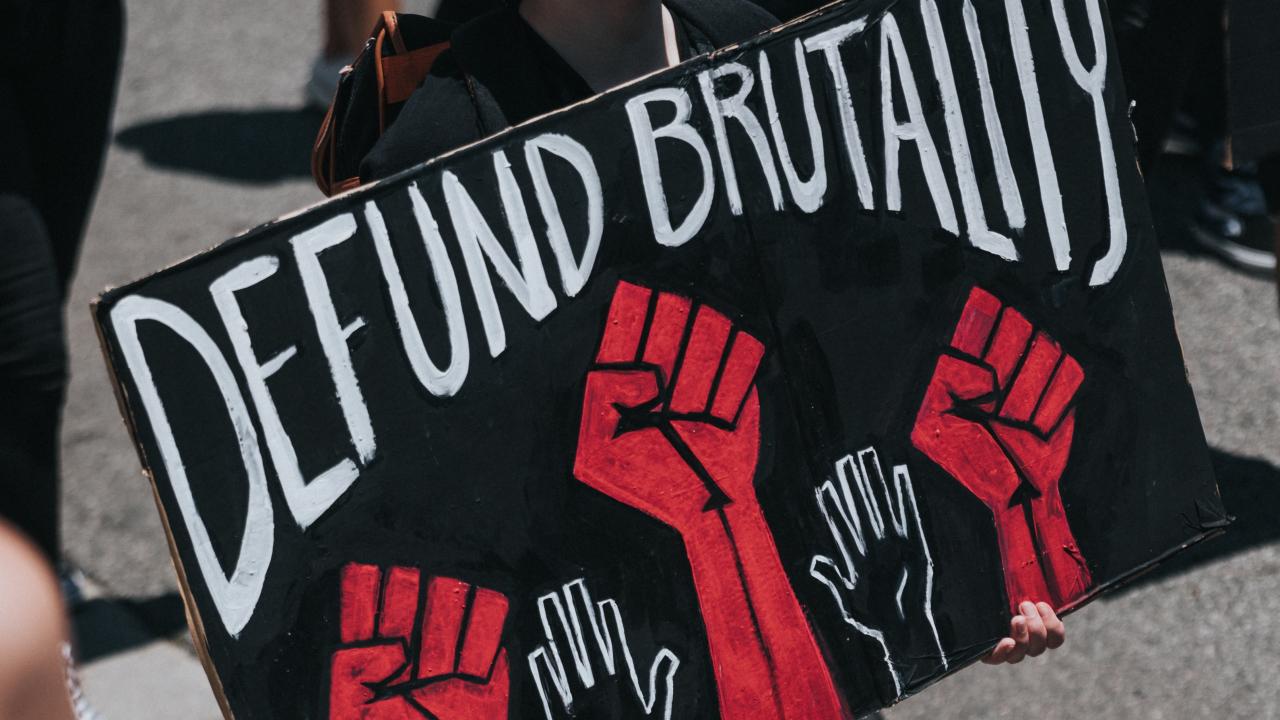
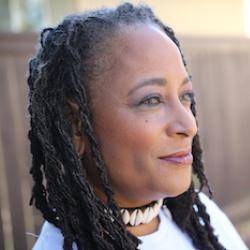
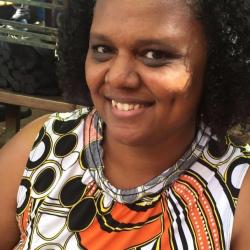
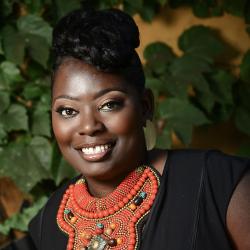
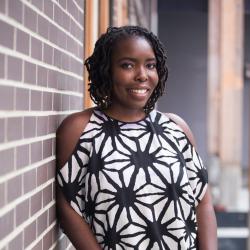
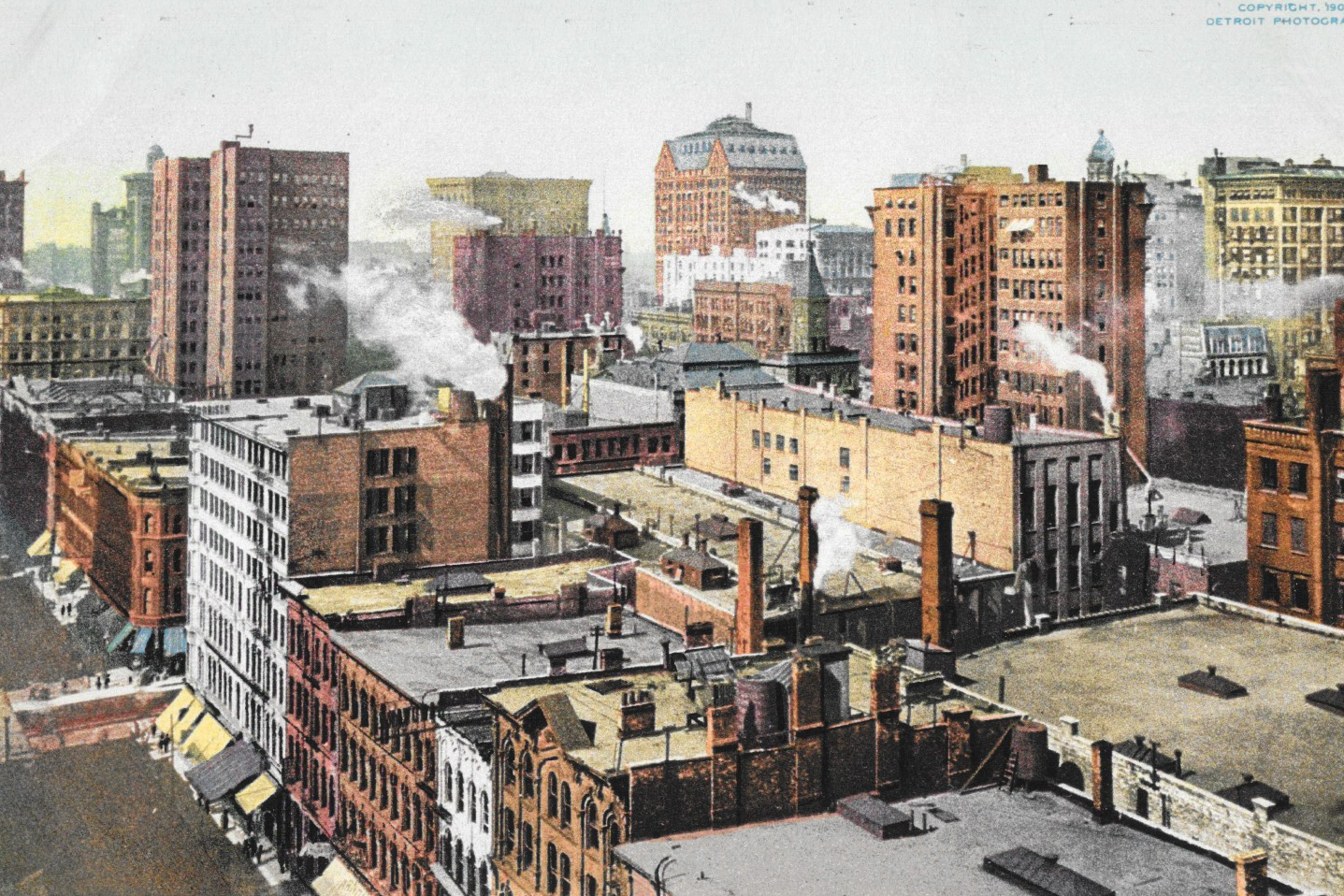
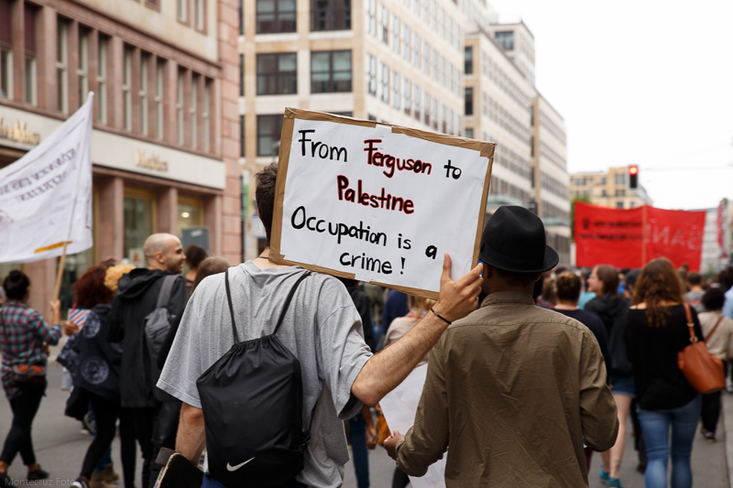
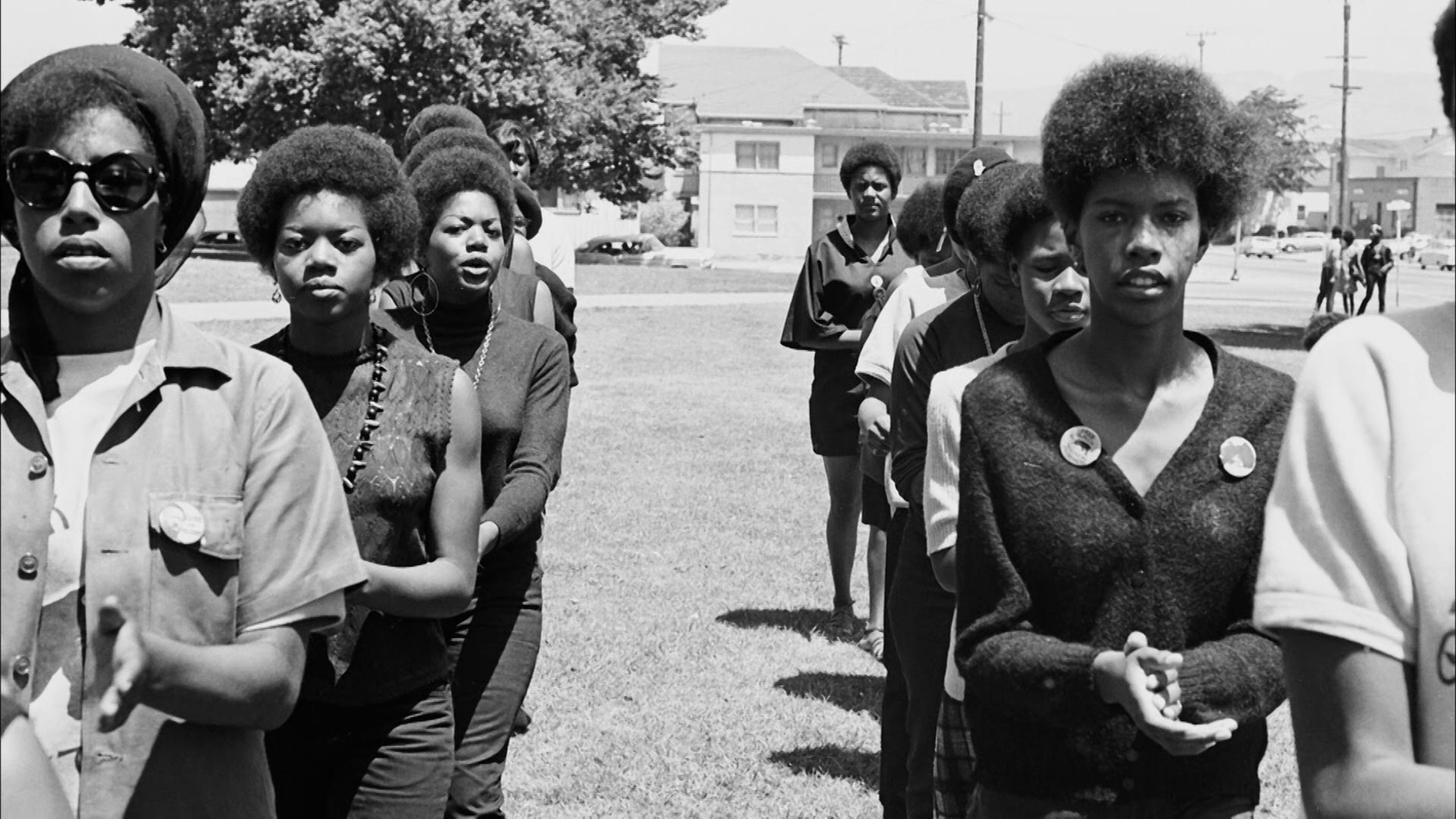
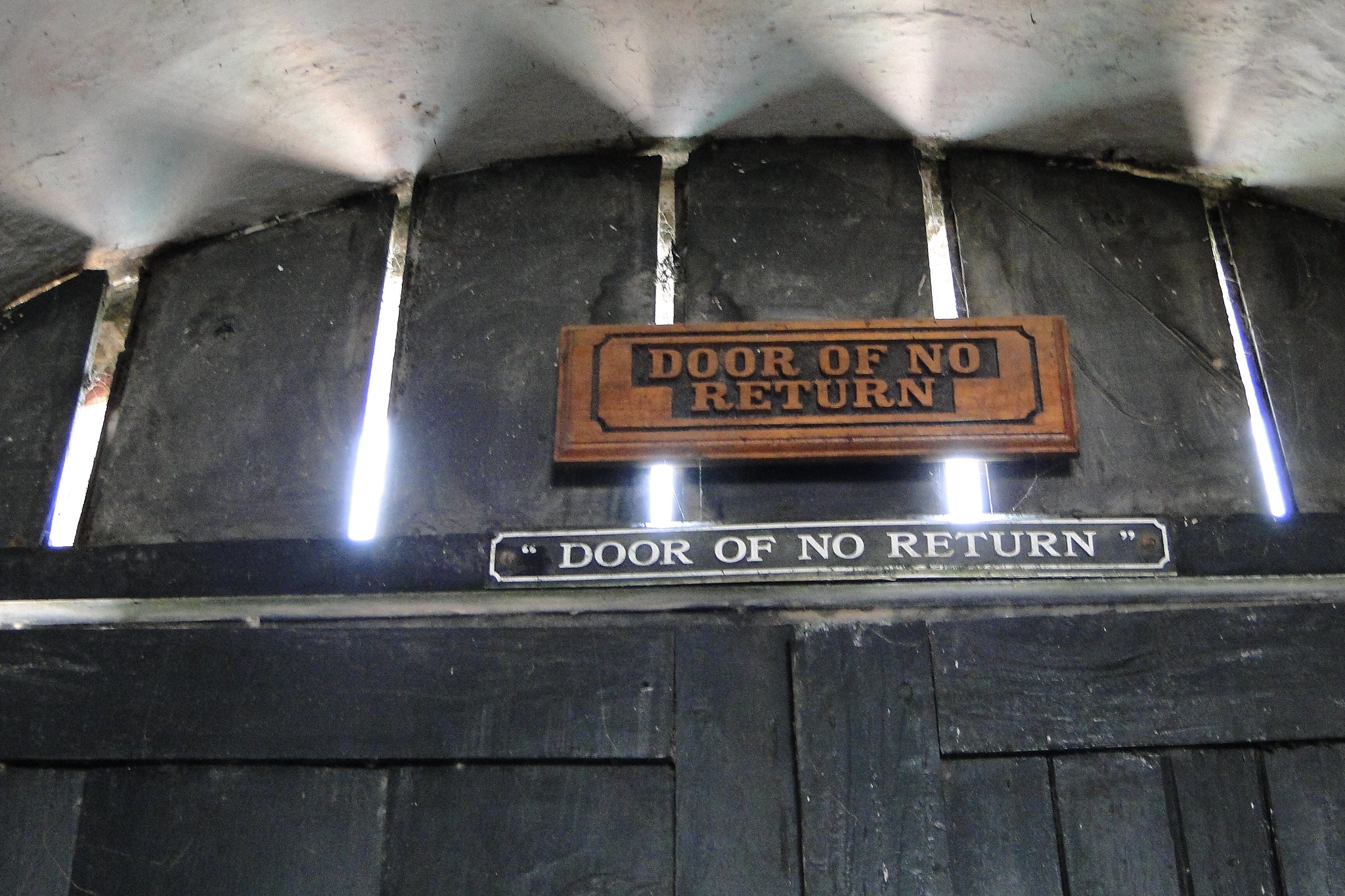
Become a Sustaining Donor to The Forge!
The Forge is built by and for organizers. Though we’ve raised a bit of startup money to build the site, this publication and community will be only as strong as we, together, make it.
Please click below to become a sustainer. When we have some cool swag, you’ll be first in line!
DonateRelated Articles
How to Build a New World, Locally
Ferguson, Palestine and “The Most Important Election of Our Lifetime”
Will the Revolution Be Funded?
From the Traumas of America to the Shores of Africa: A Journey of Self-Healing
Get the latest articles sent to your inbox